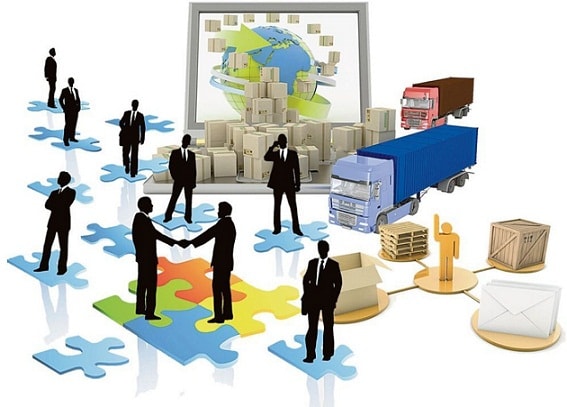Supply and Procurement Logistics
Logistics supplies and purchases as a separate component of enterprise management appeared relatively recently. The main task of entrepreneurial logistics is to deliver the right goods and services of the required quality to the right place using the most efficient methods (the ratio of the level of service and costs). Actions and activities that form the logistics of entrepreneurial activities at each enterprise may differ dramatically. They depend on the structure of the enterprise concerned, and on the understanding of the role of logistics by the management of the enterprise, and the views of each specialist working in this field. The Logistics Management Board gives the following definition of logistic activities:
Typical components of the logistics system are: customer service, demand planning, supply management (distribution), inventory management, cargo (goods) processing, order processing, warehouse location and production, purchasing, packaging, return flow organization, transportation, storage and other additional operations.





